Opening Keynote
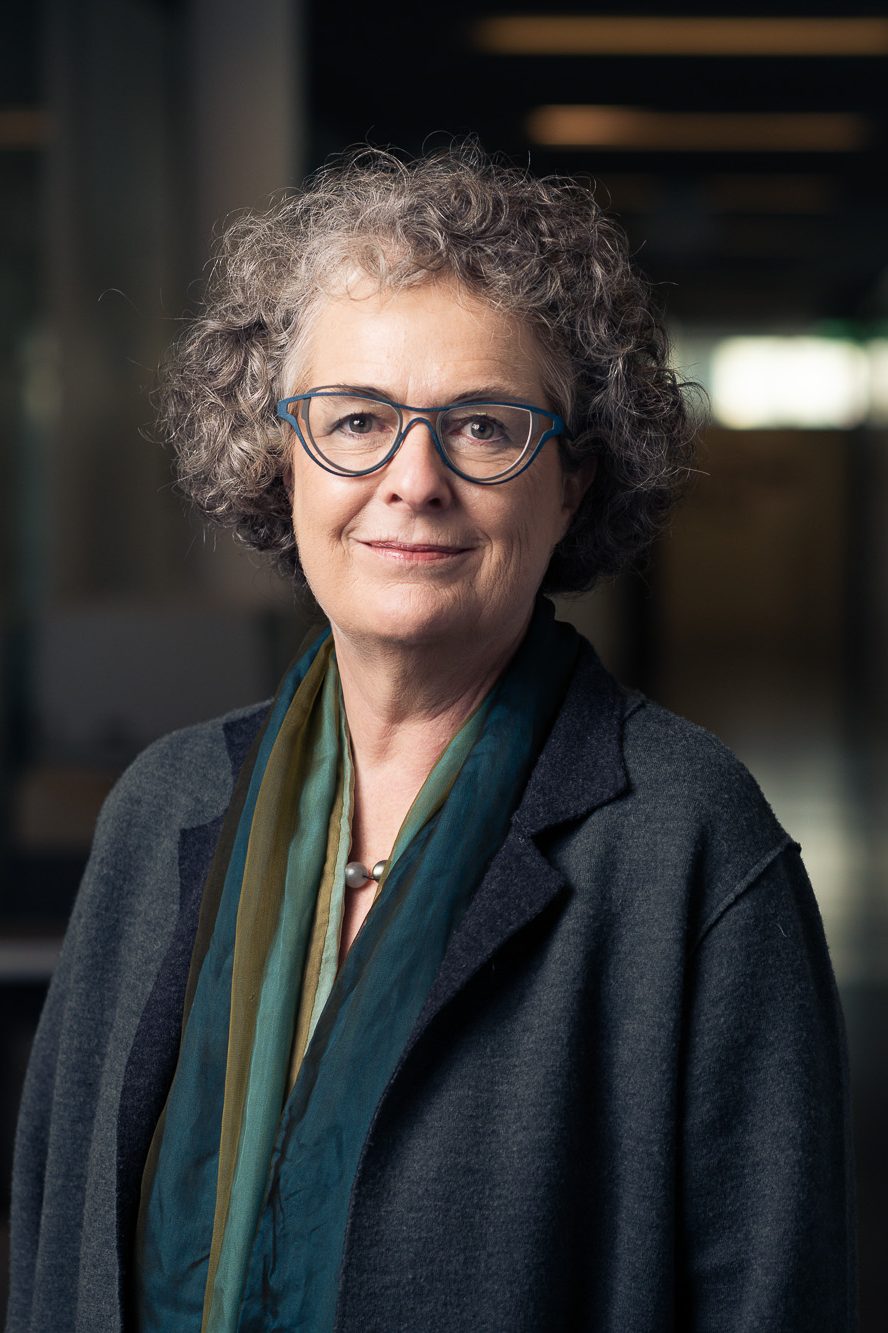
Since 1999, Sabine Süsstrunk is Full Professor and Director of the Image and Visual Representation Lab in the School of Computer and Communication Sciences (IC) at the Ecole Polytechnique Fédérale (EPFL), Lausanne, Switzerland. From 2015-2020, she was the first Director of the Digital Humanities Institute (DHI), College of Humanities (CdH). Her main research areas are in computational photography, computational imaging, machine learning, and computational image quality and aesthetics. Sabine Süsstrunk is a Founding Member and Member of the Board (President 2014-2018) of the EPFL-WISH (Women in Science and Humanities) Foundation, Member of the Board of the SRG SSR (Swiss Radio and Television Corporation), and Member of the Board of Largo Films SA. From 2016-2020, she was the EPFL representative on the Swiss National Science Foundation Board and its committee. On 12 August 2020, the Federal Council appointed Sabine Süsstrunk as president of the SSC. She took office in 2021 and represents the Swiss Science Council SSC and is responsible for contacts with the federal and cantonal authorities as well as with other central actors. She also oversees the secretariat of the SSC and issues guidelines that regulate the timelines of the Council’s and the secretariat’s work.
Open Science
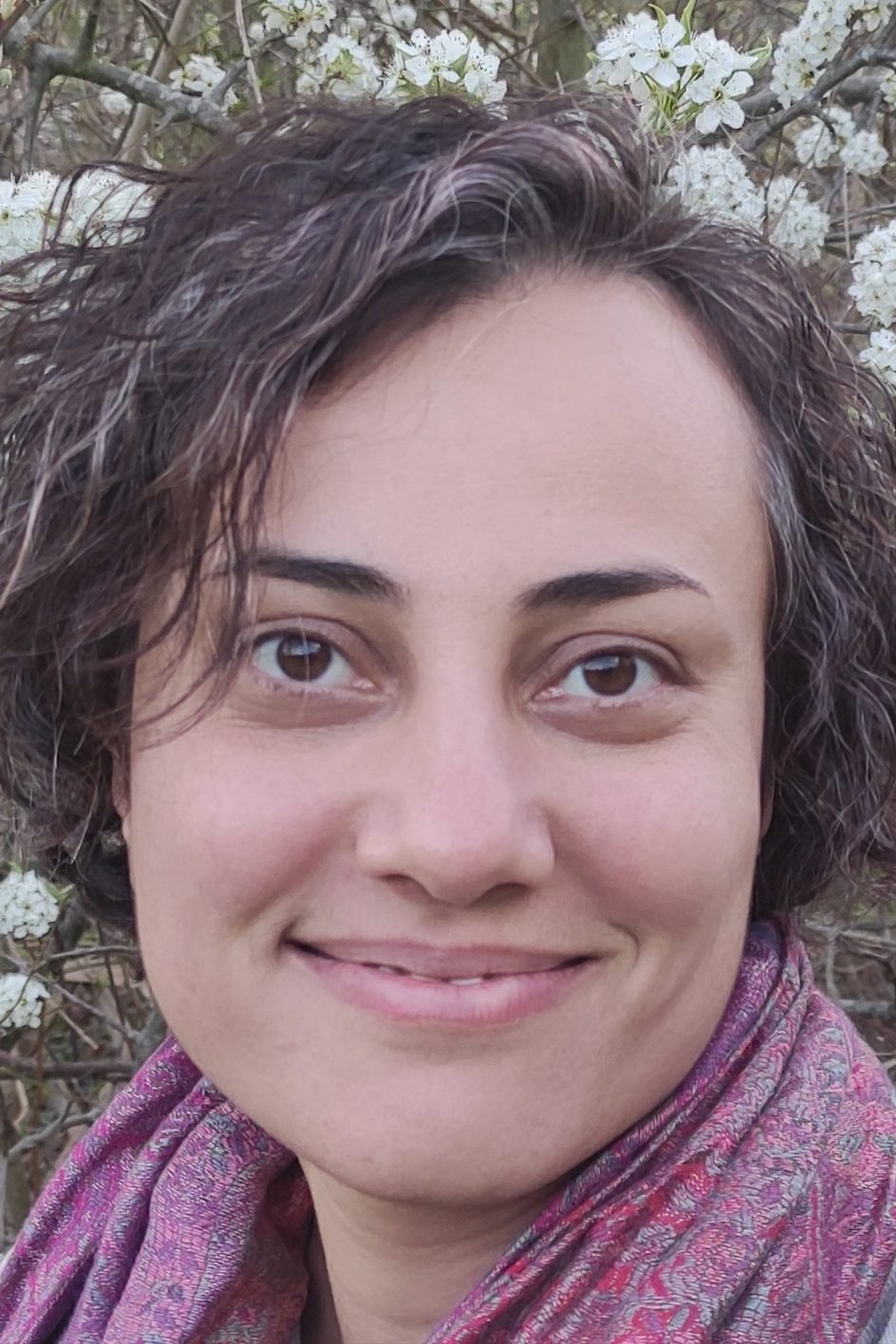
Fereshteh Rafieian Najafabadi is an Associate Programme Specialist at the Section of Science Technology and Innovation Policy, Natural Sciences Sector, UNESCO, since July 2019. She has been a part of the team that led the development of the 2021 UNESCO Recommendation on Open Science and is currently supporting Member States in the implementation of the Recommendation. Before joining UNESCO, Fereshteh did her Ph.D. in biophysics at the Biotechnology Center of the TU Dresden and Max Planck Institute of Molecular Cell Biology and Genetics in Germany. She got her B.Sc. in Physics from Tehran Polytechnic in Iran.
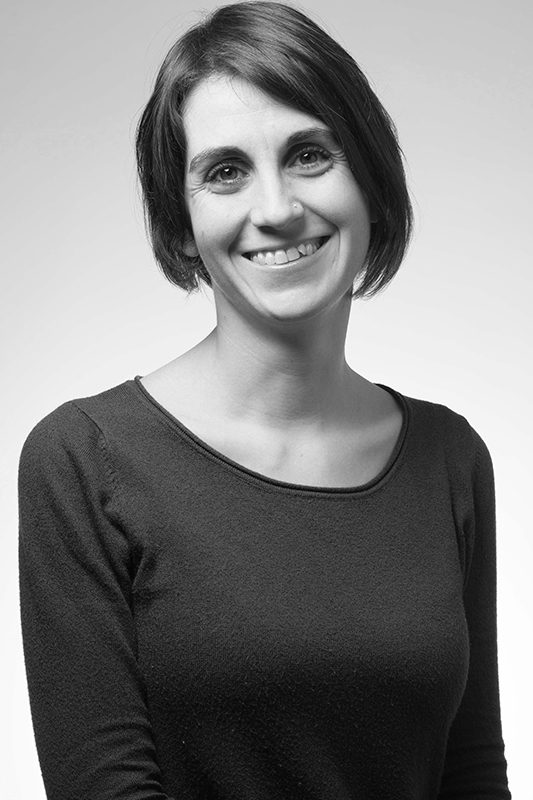
Lorenza Salvatori is head of the Scientific Publishing support team at EPFL Library. She has an extensive experience in Open Science support services for researchers. She worked at CERN and at the USI Lugano before joining EPFL in 2013, and she is part of the SCOSS advisory board since 2020.
Science tackles Politics
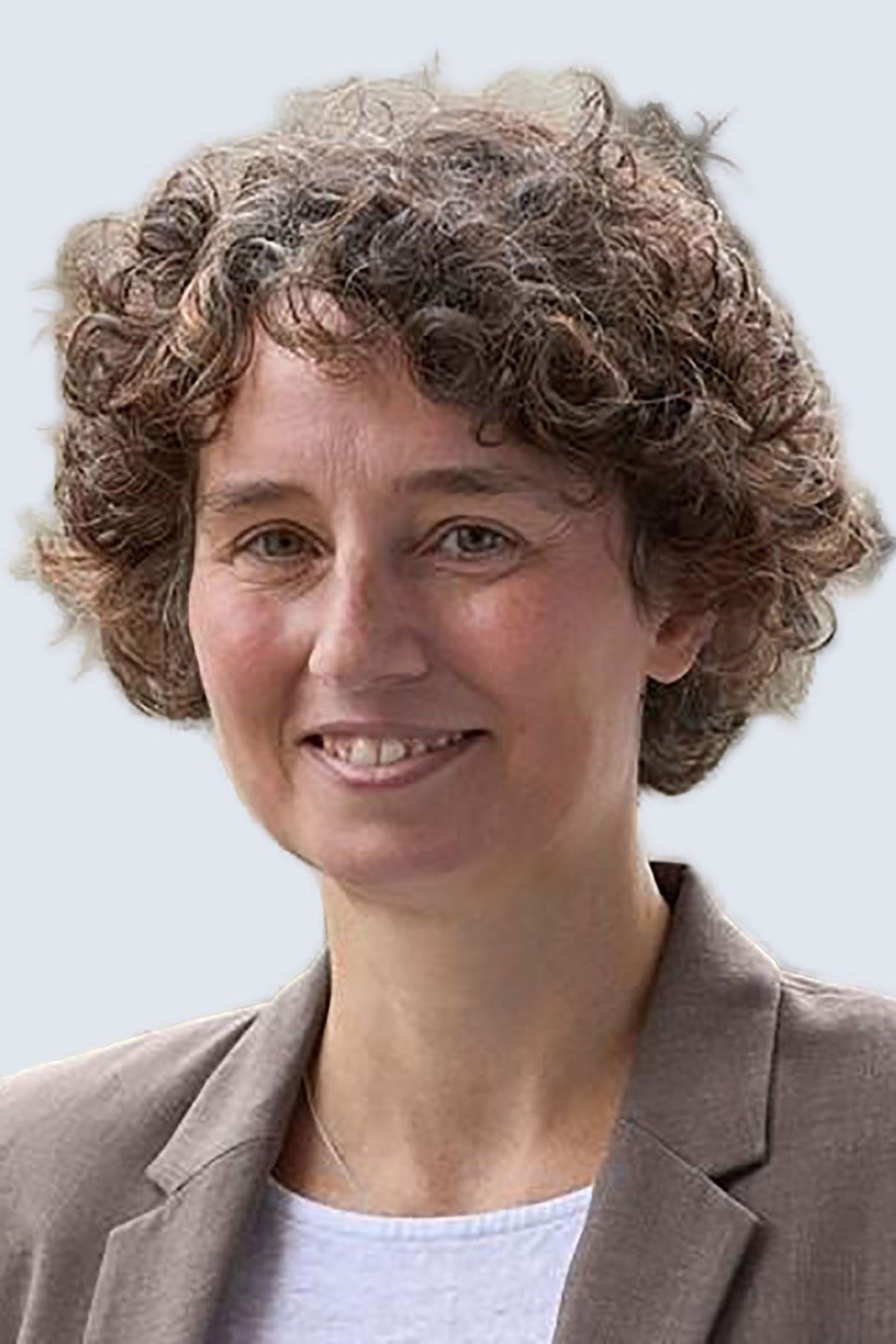
Annalisa Manera is Professor of Nuclear Systems and Multiphase Flows at ETH Zurich. She holds a M.Sc. in Nuclear Engineering from the University of Pisa (110/110 summa cum laude) and a Ph.D. in Nuclear Engineering from the Delft University of Technology.
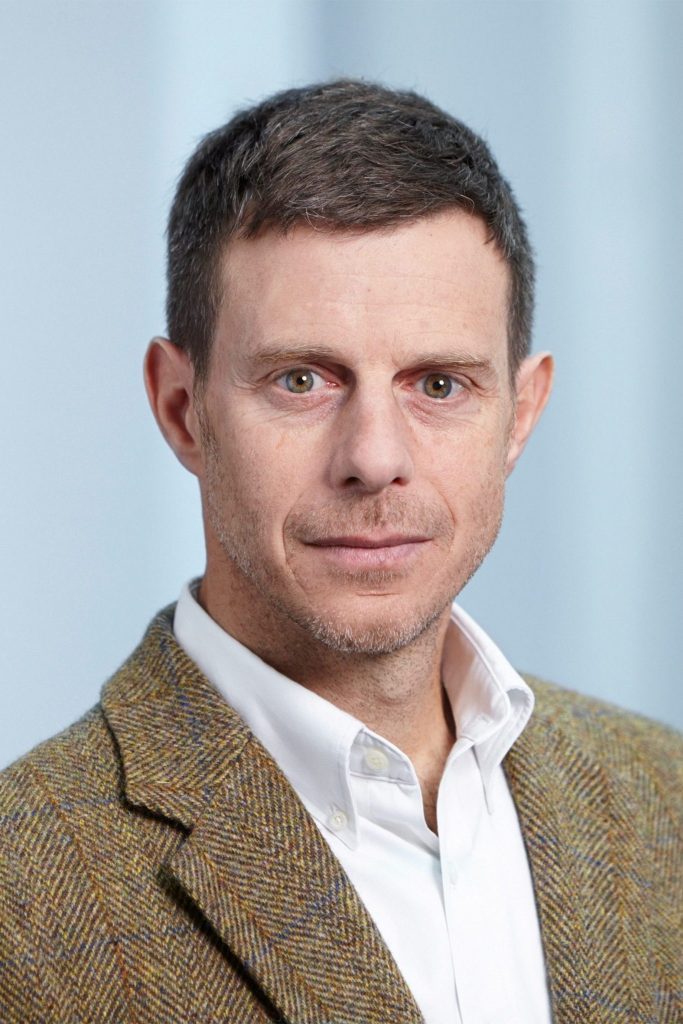
Tony Patt is Professor of Climate Policy and director of the Climate Policy Lab at ETH Zürich. He is heavily involved in scientific assessment and policy advice related to climate change at the community, cantonal, national, and international scales, including as a member of multiple scientific advisory committees and a Coordinating Lead Author for the Intergovernmental Panel on Climate Change.
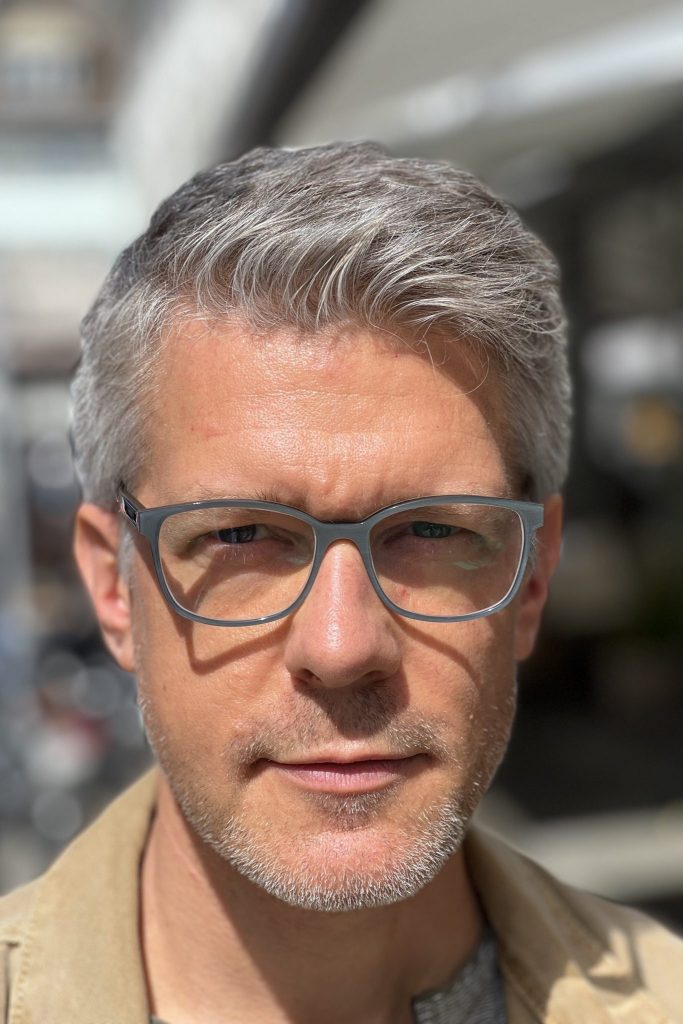
Caspar Hirschi is Professor of General History at University of St. Gallen. His research focuses on the relationship between science and politics in general and on the role of expert advice in crises in particular. He recently co-authored an official report on the scientific policy advice during the Covid-Crisis and the Financial Crisis in Switzerland.
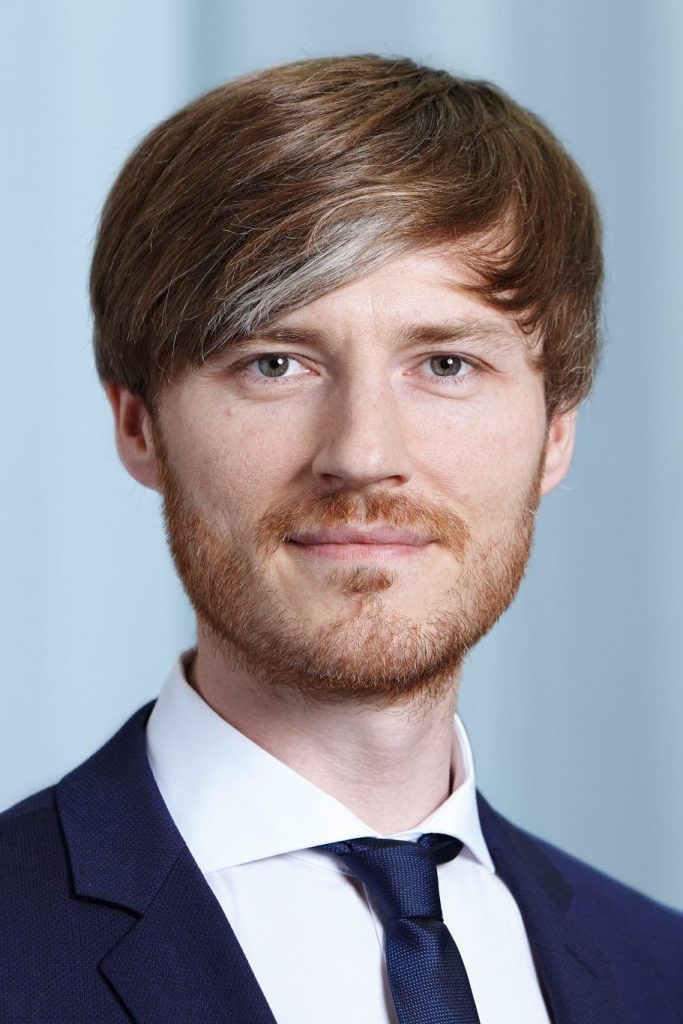
Alexander Mathys is Professor of Sustainable Food Processing at ETH Zurich, where he is focusing on more efficiency and sustainability of value chains in food and feed. His team works on novel protein sources from microalgae and insects to improve food security as well as multi-indicator sustainability assessment as basic analysis in food processing.
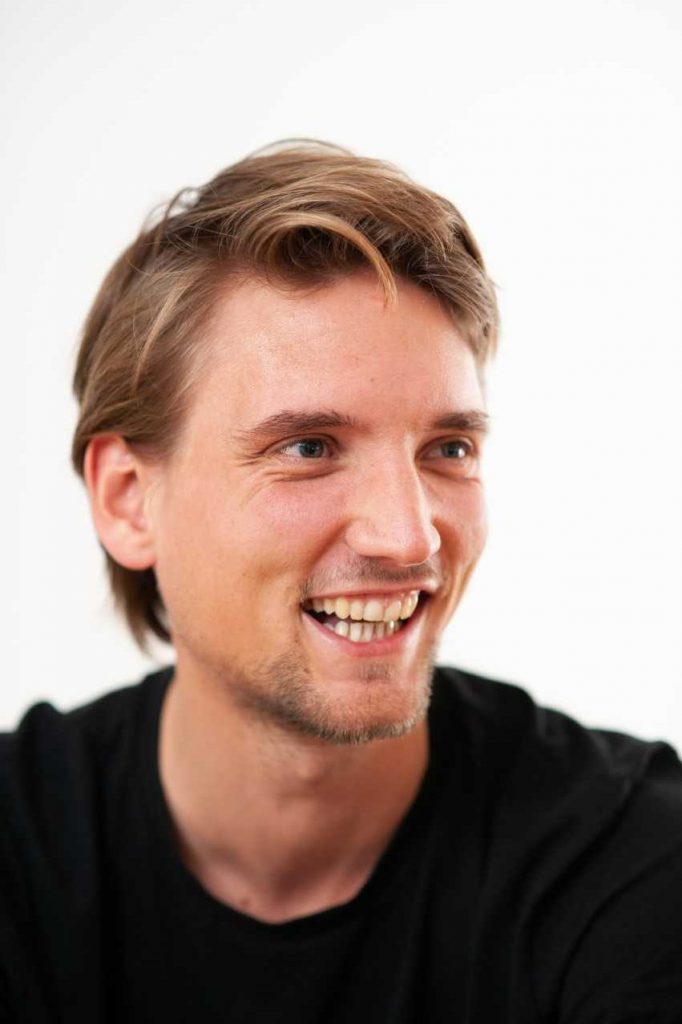
Florian Egli is a Senior Researcher and a Lecturer at ETH Zurich and an Honorary Research Fellow at the Institute for Innovation and Public Purpose (IIPP) with Prof. Mariana Mazzucato. His research focuses on climate and renewable energy finance with a particular emphasis on the role of public policy worldwide. He has co-founded several organizations at the science-policy interface and is currently the co-president of Expedition Zukunft and the president of the Swiss Young Academy.
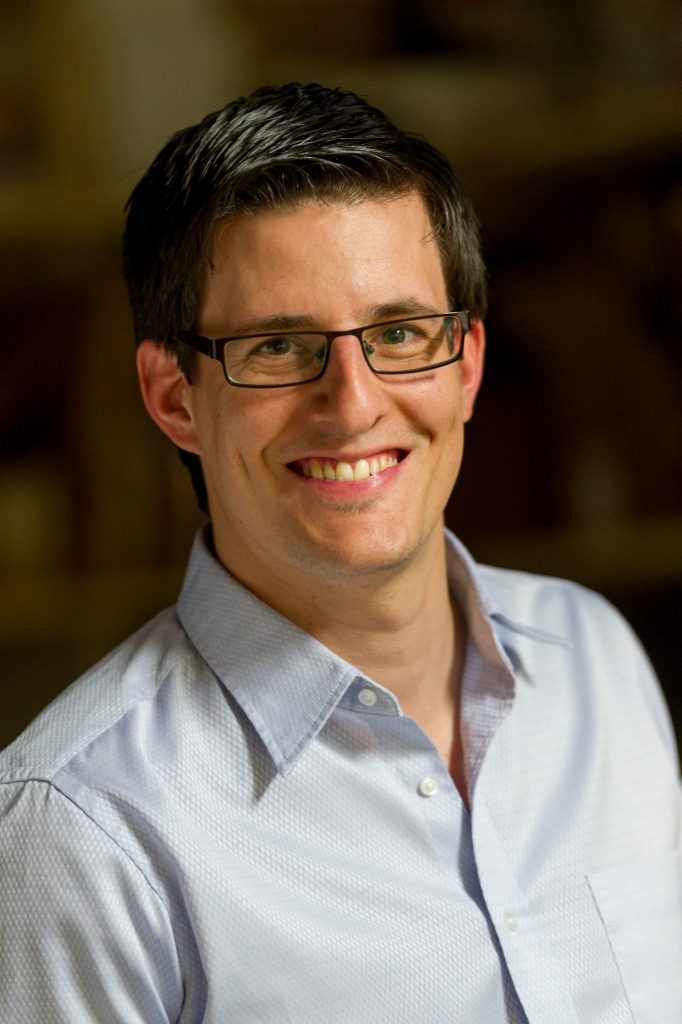
Johan Rochel works on the ethical and legal challenges of digital technologies. He teaches the ethics of AI at EPFL. He is also co-director of ethix – lab for innovation ethics.
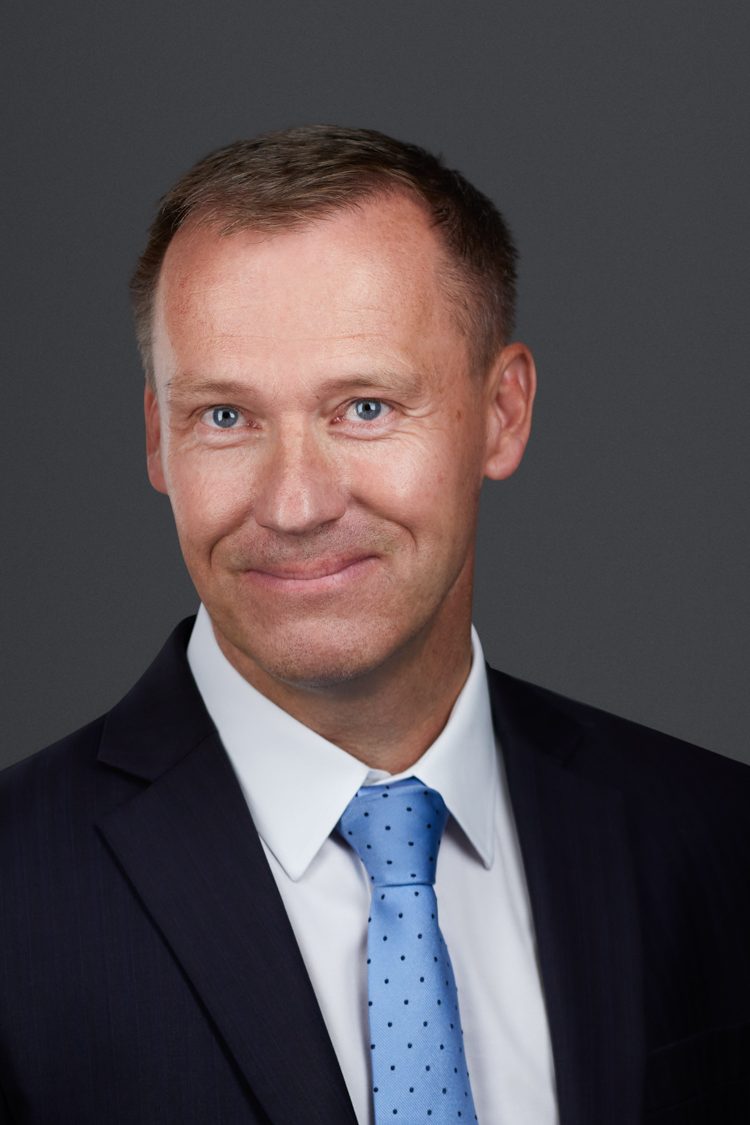
- Energy Economist – Commodity Trader – Entrepreneur (ex BCG, INSEAD)
- Author of “Unpopular Truth… about Electricity and the Future of Energy”, unpopular-truth.com
- shareholder www.hms-ag.com
Impact of Science Funding, Publishing & Communication on Policies
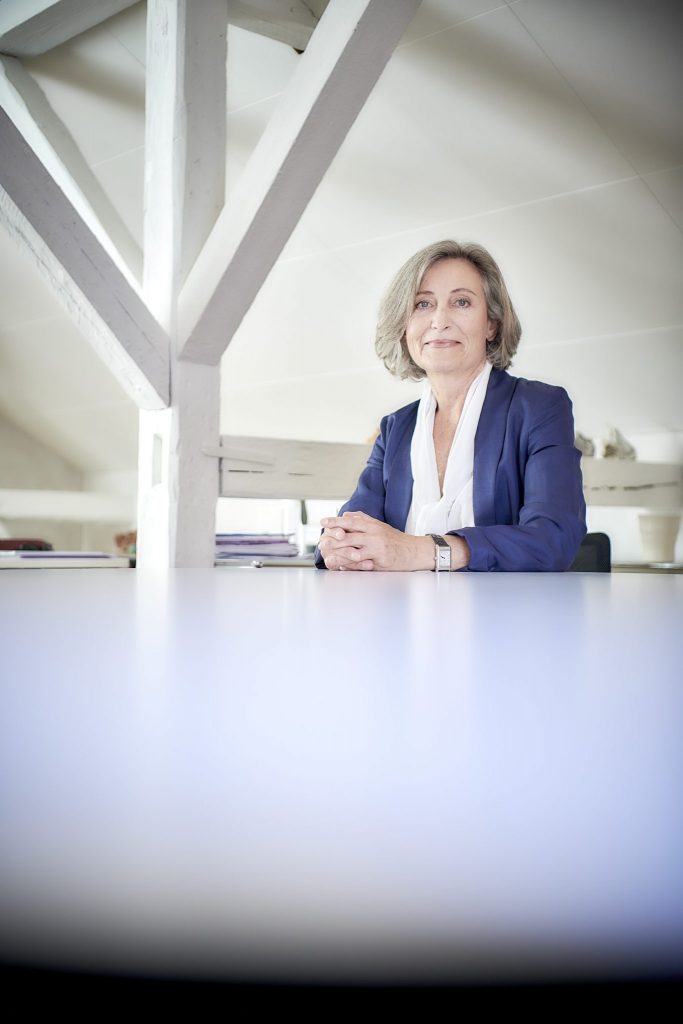
Angelika Kalt is the Director of the SNSF since 2016. She completed her studies in geology with a Diploma, followed by a doctoral thesis at the Universities of Freiburg and Münster, Germany. She was a senior research assistant and then a private lecturer at the University of Heidelberg, Germany, from 1994 – 2000. From 2000 to 2008 she was a full professor of petrology and internal geodynamics at the University of Neuchâtel, Switzerland. In 2009, she was appointed Deputy Director of the Swiss National Science Foundation (SNSF), a private foundation mandated by the Swiss government to allocate research funds. Since 2016, as SNSF Director she is focusing on strategic issues in collaboration with the National Research Council and the Foundation Council. She also places great importance on maintaining and developing good relations with partner organizations within and outside of Switzerland. In 2021, Angelika was elected vice-president of Science Europe.
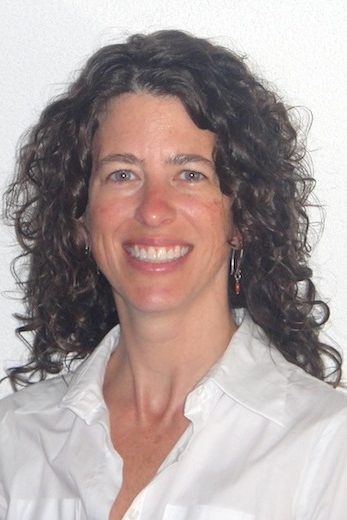
Suzanne Sugg, PhD, MSc, BBA, CHES is Full Professor of Social Marketing at the Università della Svizzera italiana (USI) in Lugano, Switzerland, leading the BeCHANGE research group. She is also Vice-President of the Swiss School of Public Health (SSPH+) and a Visiting Reader at Imperial College London, Institute of Global Health Innovation, Faculty of Medicine. She is a Certified Health Education Specialist, co-speaker of the Swiss Academies of Arts and Sciences Expert Group on Science Communication and was a member of the Swiss National COVID-19 Science Task Force during its two-year mandate. Her research focuses on health communication, determinants of health behaviours, and strategies to modify health related behaviors, concentrating mainly on vaccination acceptance and vaccine hesitancy, eating behaviors, and physical activity. Previously, she served as an Assistant Professor of Health Communication at Emerson College and Adjunct Assistant Clinical Professor at Tufts University School of Medicine, Department of Public Health and Family Medicine in Boston, Massachusetts. She was a post-doctoral research fellow at McMaster University, Department of Clinical Epidemiology and Biostatistics, in Ontario, Canada and held positions in several for-profit health companies.
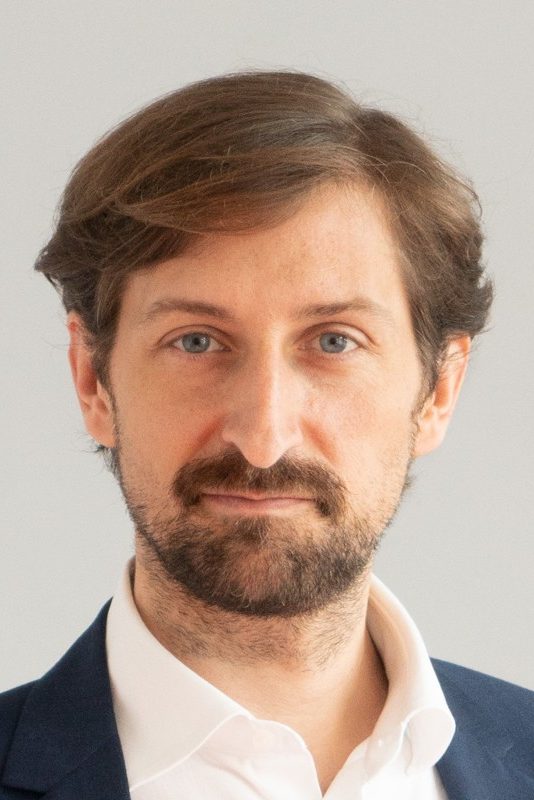
Mirko Bischofberger moves at the boundaries of science, communication, and storytelling. He studied at ETH Zurich and holds a PhD from EPFL. He then worked as a science journalist for the Neue Zürcher Zeitung and, after working for the Swiss Parliament, he continued at the SNSF and the EPFL. Mirko is a leading force behind Switzerland’s first crowdfunding channel for science, he is a lecturer at EPFL, the University of Zurich and other institutions, and he is the head of science-studios working in the interface of science, communication, media and policy.
Laurent Simon has been a scientific journalist for 20 years in health and science. He founded TheMetaNews, a French media for scientists (20000+ readers). He is vice-president of the French national association of scientific journalists (AJSPI).

Andrew Dunn joined the Royal Society in 2015 to manage the physical sciences journal Proceedings A, before taking his current role of Senior Publishing Editor for the journal Royal Society Open Science in 2016. In this post, he has overseen substantial growth of the journal, and introduced a range of innovative article types, including Replication studies and Evidence synthesis, and the Science, Society and Policy initiative, which launched in 2021. Andrew holds a biochemistry degree from the University of York.
Actors between Science and Policy
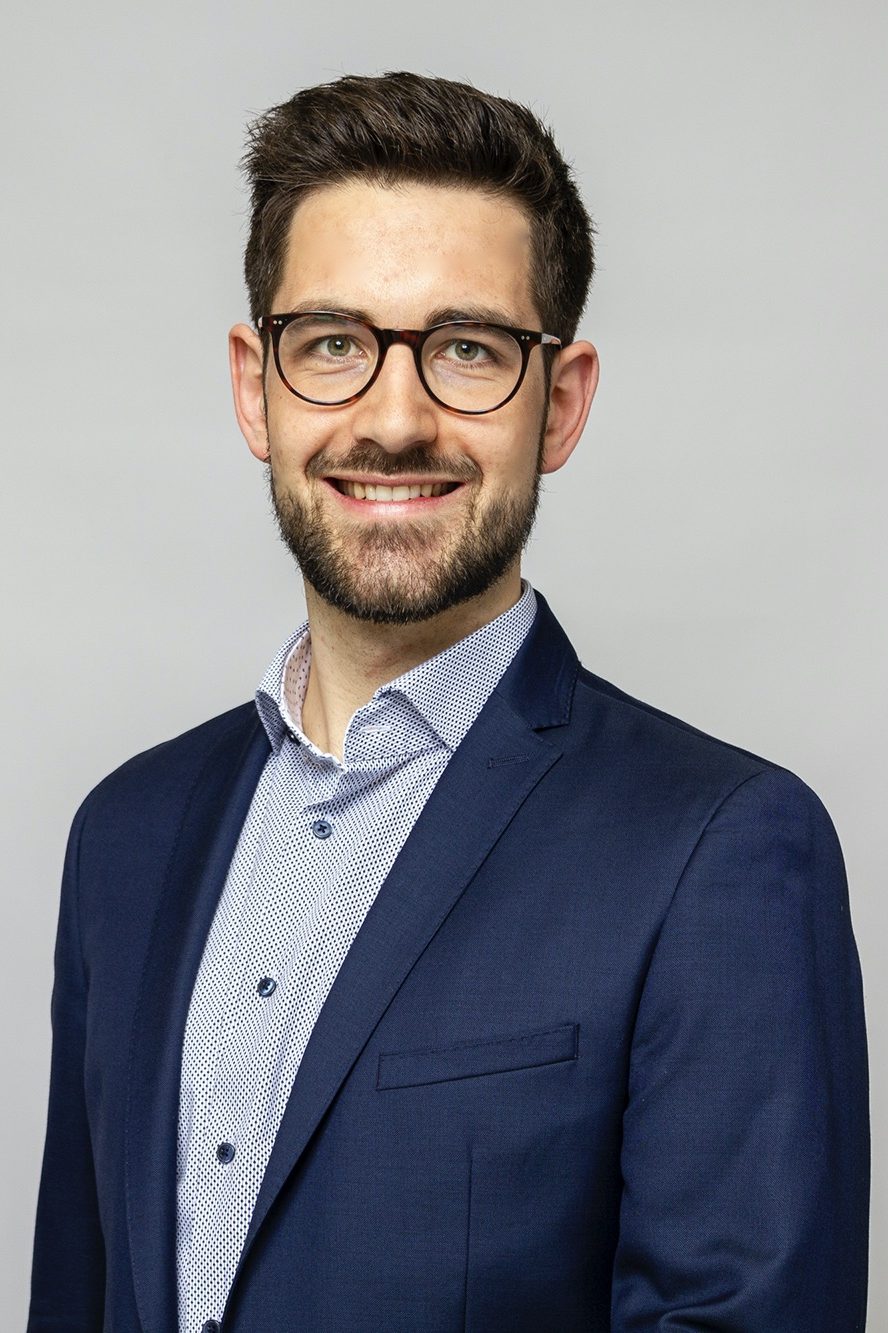
Benedikt Knüsel has been Head of the Science-Policy Interface at ETH Zürich since 2022. Prior to that, he worked as an Advisor for national research policy at the Swiss State Secretariat for Education, Research and Innovation. Benedikt is an environmental scientist by training and holds a PhD in philosophy of climate science from ETH Zürich.
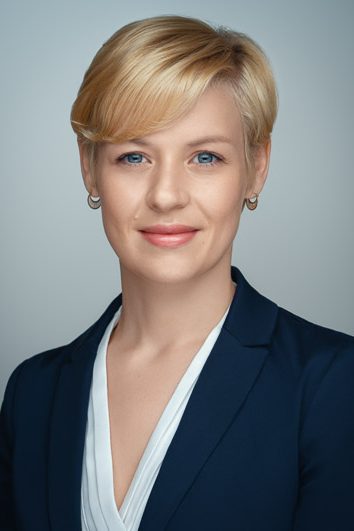
Melanie Kolbe-Guyot is Policy Lead at the Center for Digital Trust (C4DT) at EPFL where she also directs the Digital Trust Fellowship Program for young scholars working at the intersection of tech and policy. Melanie has studied in Germany and the United States, where she received her PhD in Political Science and International Affairs. She previously served as an Assistant Professor for Political Science and International Affairs at the Graduate Institute in Geneva, with a focus on public policy and political economy. Melanie is passionate about bridging the gap between policy and tech, working towards bringing technologists to work on policy-questions and providing technical translations for legislators and regulators to enable a better understanding of technology.

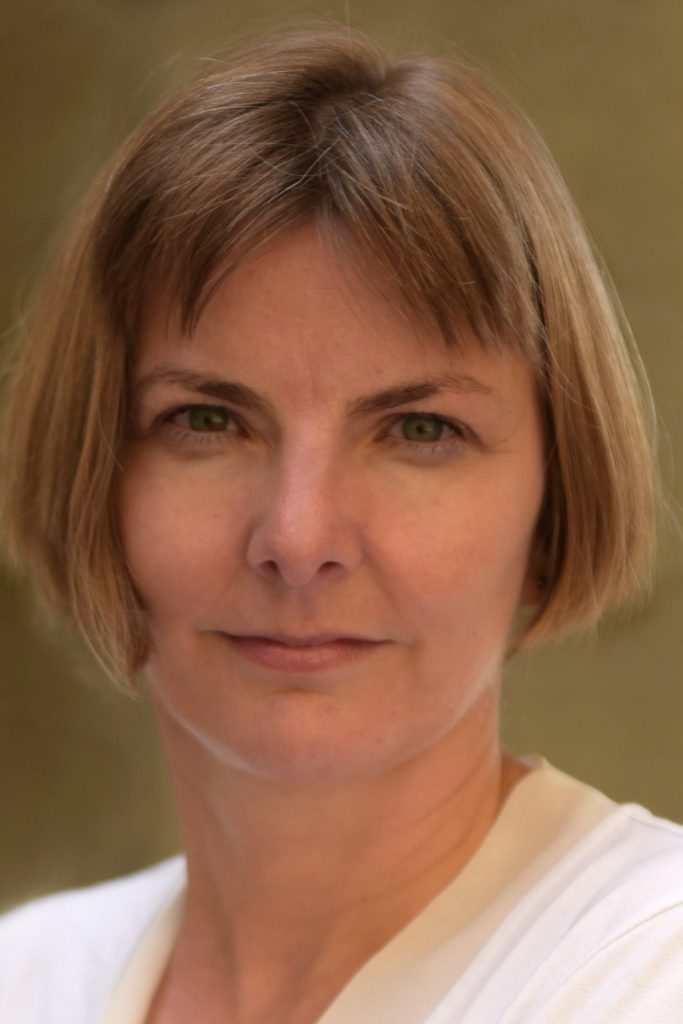
Liselotte Schlegel is the Executive Director of the Foundation for Scientific Policy Fellowships. In addition, she supports the scholars during their year at the Parliament in personal and administrative matters, from recruitment to planning their life afterward. Her main job is with the Swiss Parliament. Her third mainstay is her self-employed work in coaching, development and supervision.

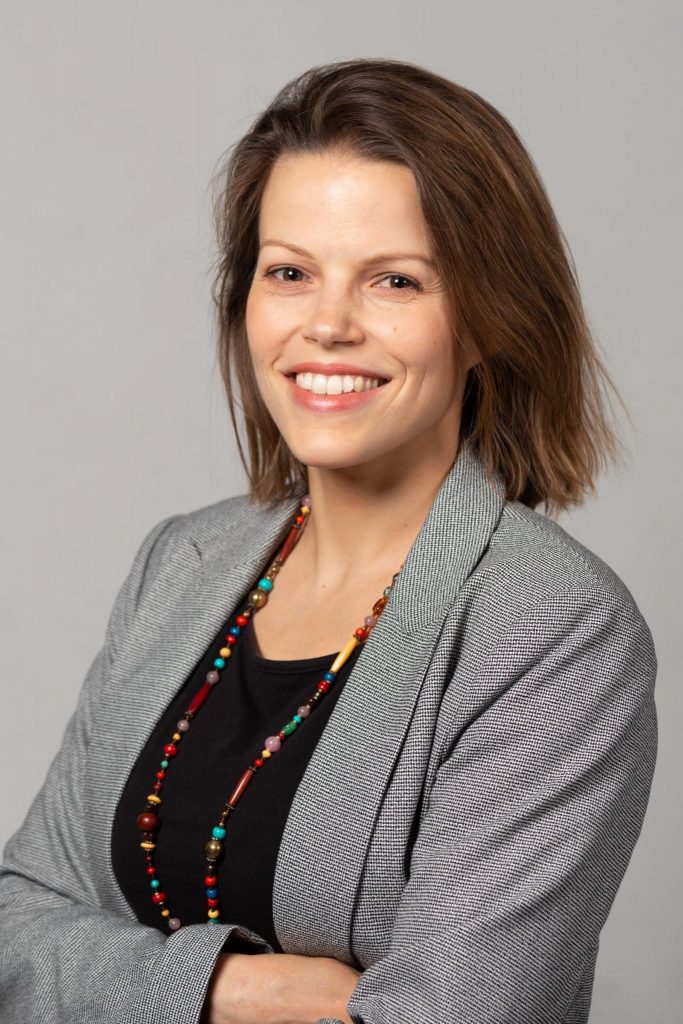
Anna Krebs is the Project Manager at the Franxini Project. The Franxini Project, embedded in the scientific Think Thank Reatch, works towards a trust-based and effective cooperation between politics and the sciences. Anna is specialized in participatory group processes, and she is passionate about innovative methods that foster dialogue and co-creation.
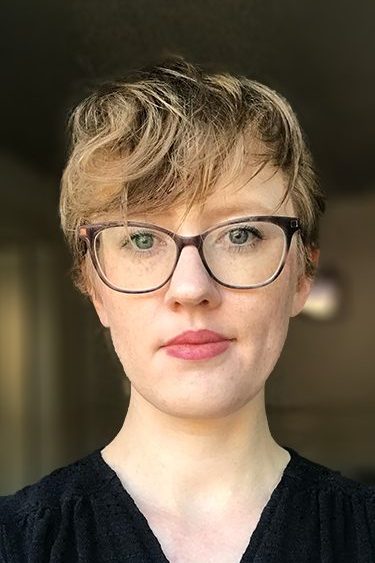
Hannah Schoch works as Program Coordinator for the Franxini Project and is responsible for several training courses and interactive workshops that the project offers. Hannah has an American Studies background and is herself active in higher education politics. She thinks it’s crucial for universities to take on their role in a democratic society actively and responsibly.
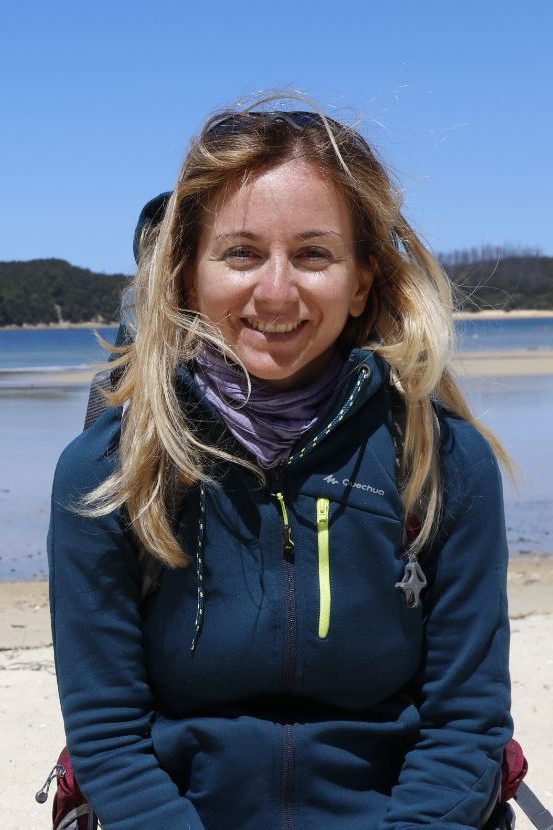
Veronica Maria Casartelli is an Environmental engineer with a PhD in urban policies and urban planning and a Master in Geopolitics and global security. She is an expert in the field of disaster risk management. Since July 2019 she has been a researcher at the Euro-Mediterranean Centre on Climate Change (CMCC) within the Risk Assessment and Adaptation Strategies Division, working on the interactions between Disaster Risk Reduction and Climate Change Adaptation, supporting policymakers in the development of evidence-informed policies within several EU-funded projects. She is part of the EU Training for Trainers community on Science for Policy, being trained by the Joint Research Centre (JRC) in 2022.
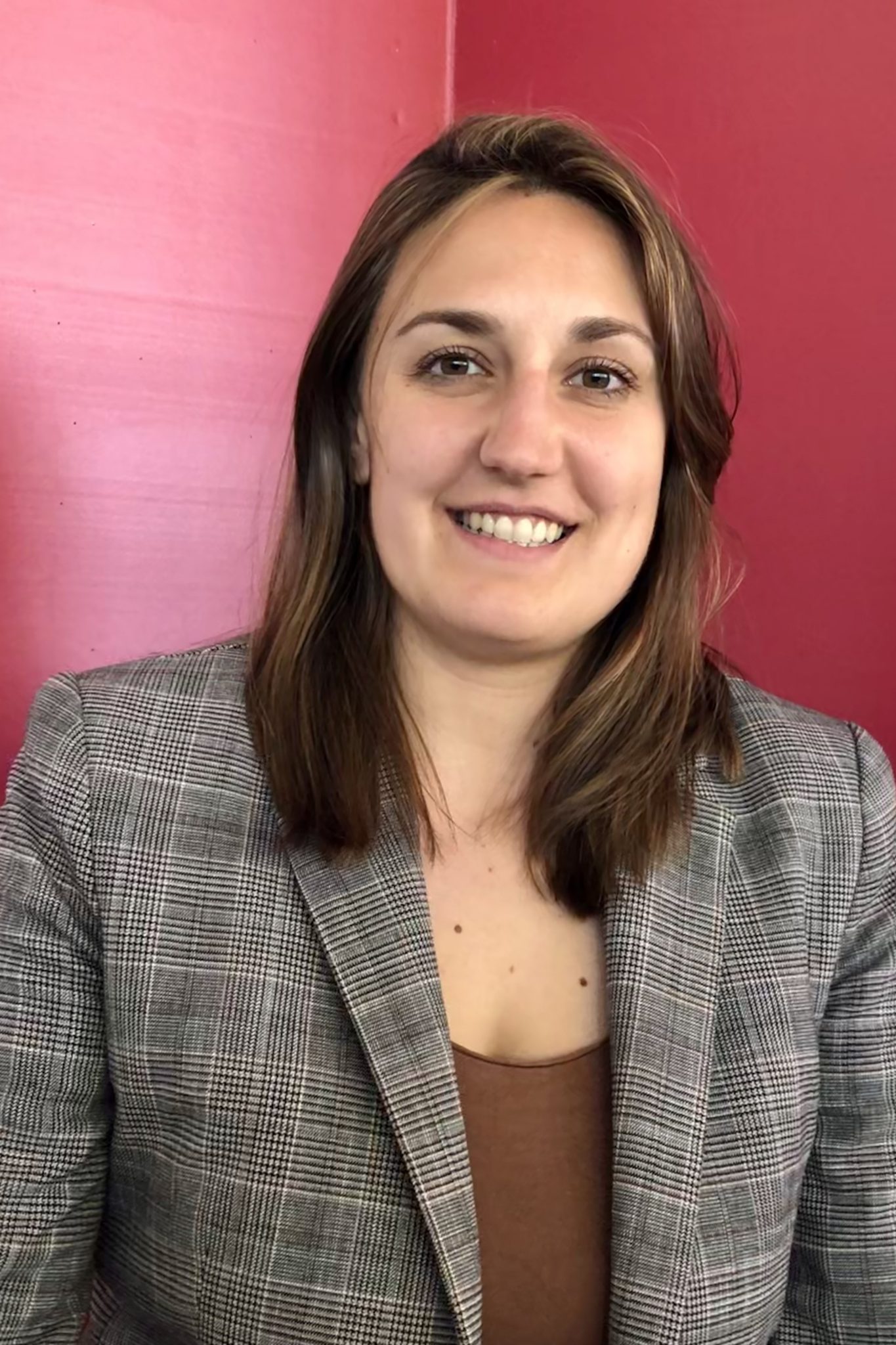
Letizia Monteleone is an economist with an international development background. A researcher in the Risk Assessment and Adaptation Strategy division at the Euro-Mediterranean Centre on Climate Change (CMCC), she has been carrying out research in the areas of disaster risk reduction, risk assessment, climate change impacts and policy implications since January 2021. Letizia is a Trainer in Science for Policy, after having participated in the Training of Trainers delivered by the Joint Research Centre in 2022. Letizia holds a MSc in Economics for Development and Growth from Carlos III University and a BSc in Economics, Politics and International Relations from Royal Holloway University in UK.
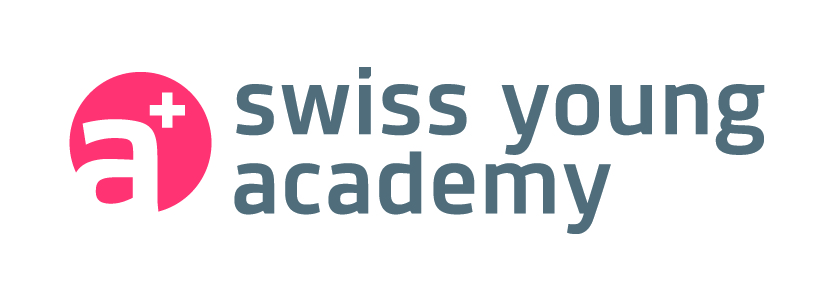
Karin Spycher is Head of Swiss Young Academy (SYA) and Scientific Integrity at the Swiss Academies of Arts and Sciences. The SYA networks young academics from a wide range of scientific disciplines and universities and creates an inspiring environment for inter- and transdisciplinary exchange and innovative ideas. Its members are the representatives of Swiss science in the national and international context and are regarded as the young voice of the Swiss Academies of Arts and Sciences.
Public Engagement in Science

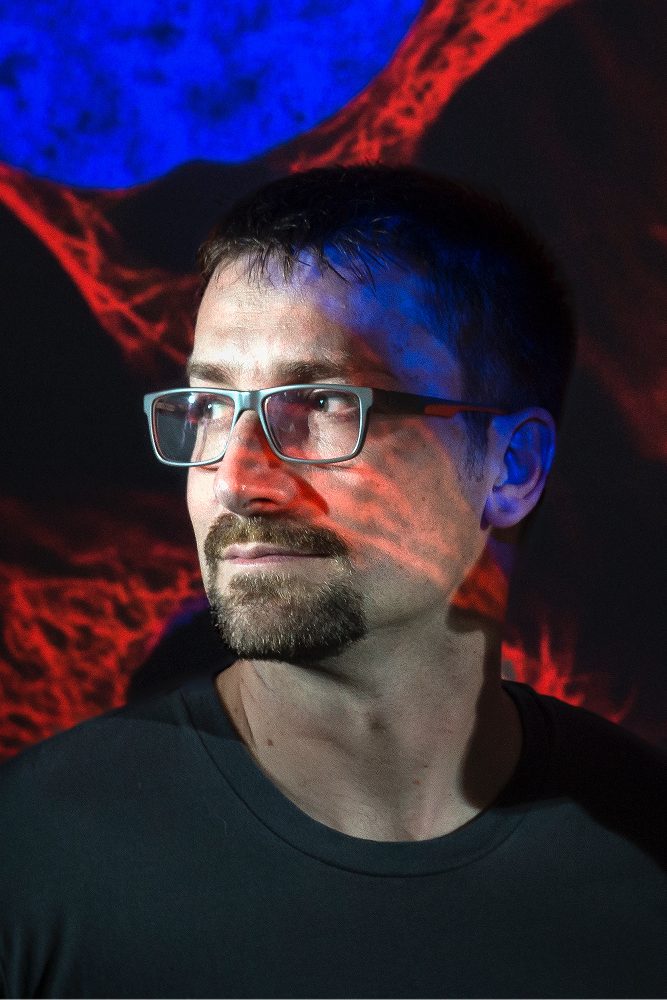
Attila Szantner as CEO and co-founder of the Swiss start-up, Massively Multiplayer Online Science (aka MMOS) set up several citizen science collaborations with major AAA game developers, like Borderlands Science or EVE Online’s Project Discovery. These research mini-games engaged over 5 million players, contributed with over 700 million scientific puzzles solved, were praised by a worldwide media coverage from the New Yorker to the frontpage of Nature Biotechnology, featured in several documentaries, and received awards, like the prestigious Lovie Award, the Innovation Award of the University of Geneva or the IGDA Community Leadership Award. Attila is also an adjunct professor at McGill University School of Computer Science.